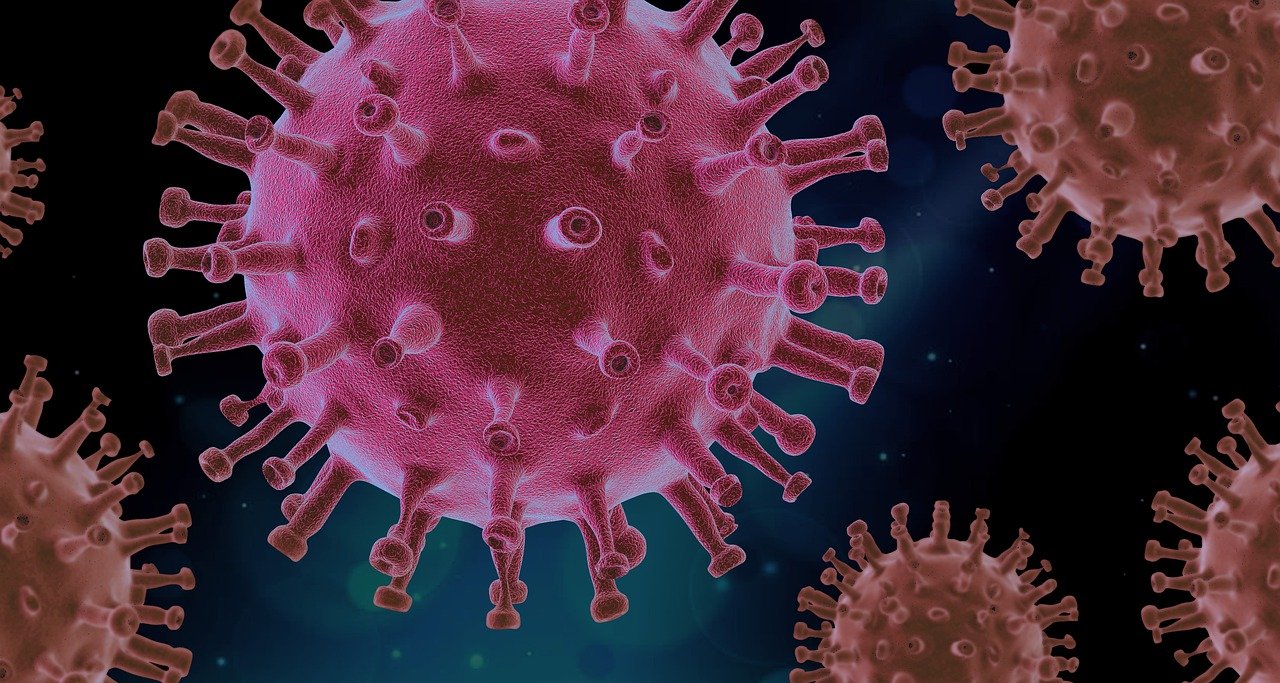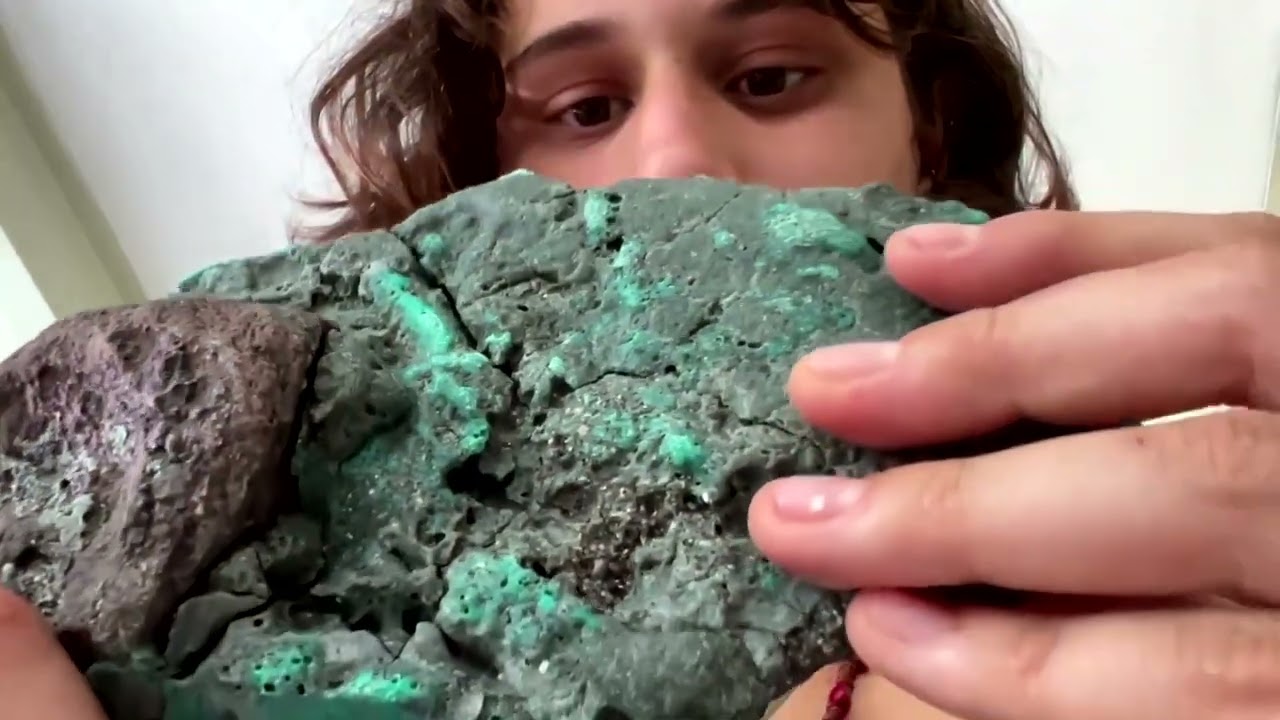Indoor air quality (IAQ) is the subject of much attention these days due to the adverse effects that it may have on human health.
It is a common knowledge that adding some greenery to your bedside can remove some airborne pollutants and may even improve your health.
Now, researchers from the University of Washington have genetically modified houseplant that boosted the detoxing ability of a common houseplant.
Rabbit gene helps houseplant detoxify indoor air
According to the research published in the ACS’ journal Environmental Science & Technology, researchers introduced rabbit gene CYP2E1 into common houseplants, giving them the power to filter toxic pollution from the air. This rabbit gene encodes an enzyme that breaks down many toxins responsible for indoor pollution, like benzene and chloroform.
Scientists put the genetically modified plant into a closed container, with chloroform gas injected into the container. After three days, researchers found that the concentrations of gas in the containers have dropped dramatically and after eight days, there was no sign of chloroform. However the concentrations of chloroform gas remained unchanged in the containers having unmodified plants or no plants.







